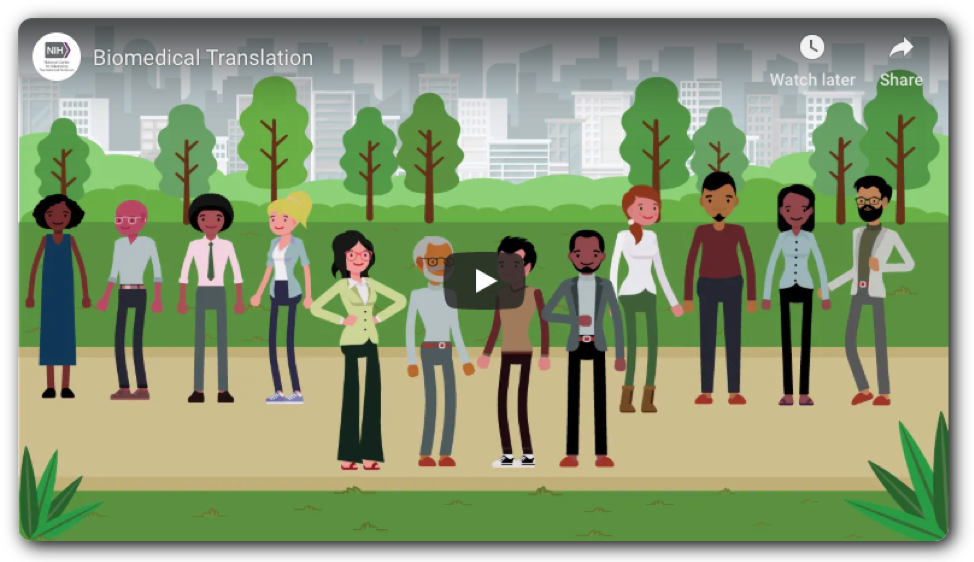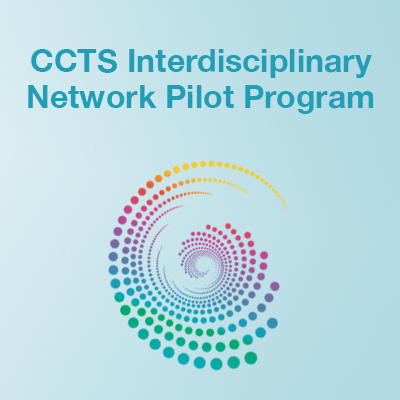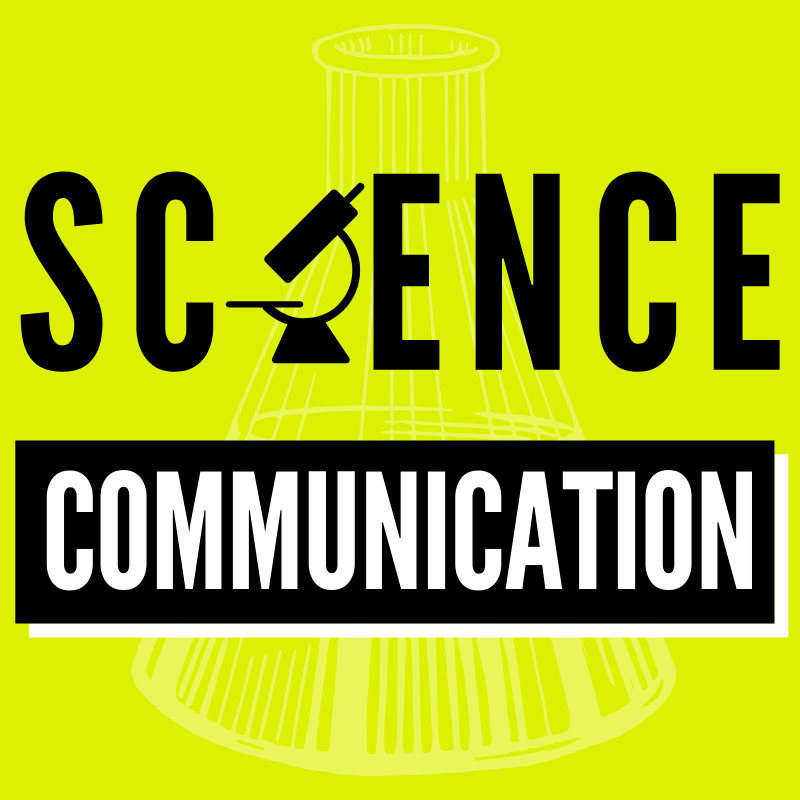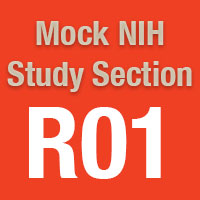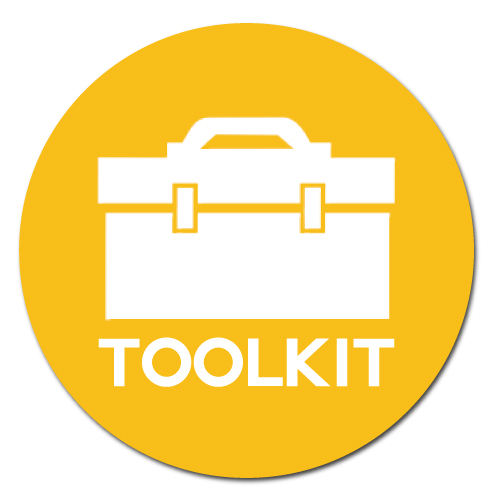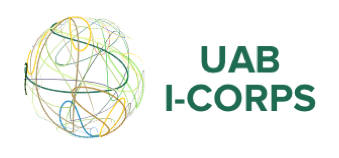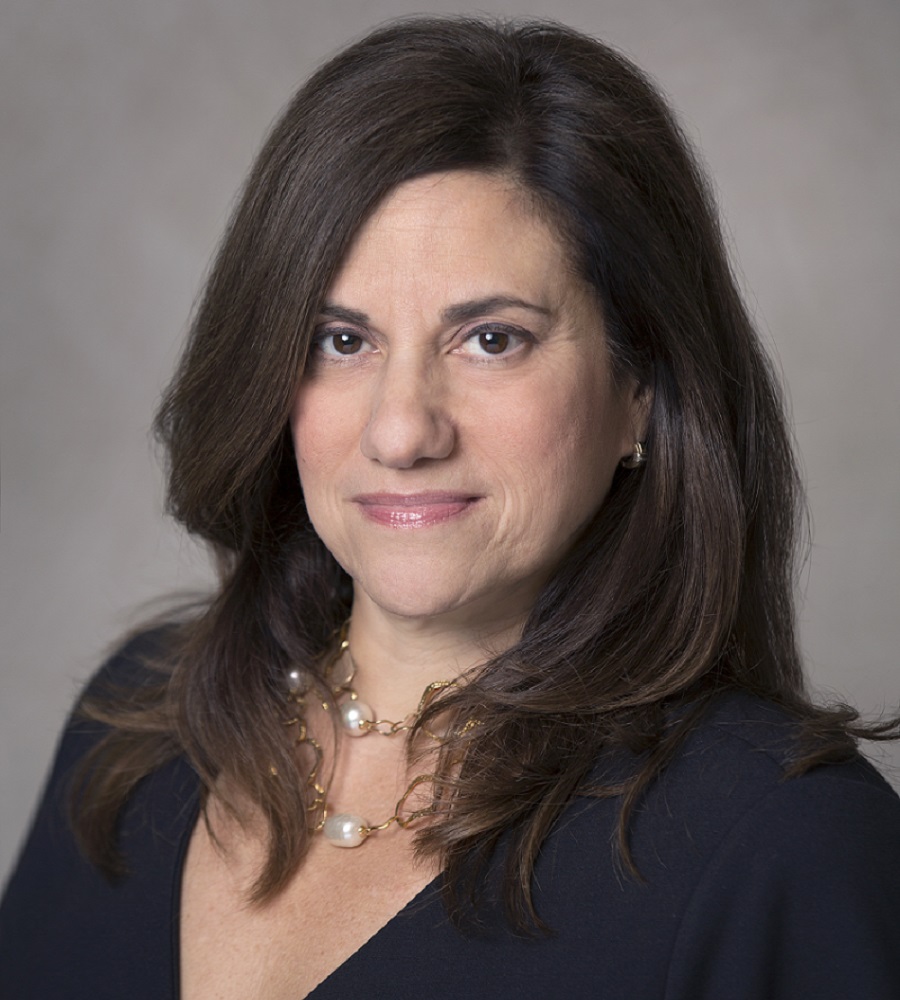Lawrence A. Tabak, DDS, PhD, gave the 2019 Marchase Endowed Lecture at UAB, the CCTS Hub, and shared words of wisdom he learned in his career. Dr. Tabak is the Principal Deputy Director of the National Institutes of Health (NIH) and the Deputy Ethics Counselor of the Agency.
- Use experiments of nature to guide your research questions
- Do not reinvent the wheel – always go to experts for advice
- Over-report failure; under-report success
- Know what good is and aim for it
- Do not be afraid to fail
- Do not fall in love with your idea; let your data be your compass
- Humor can be an effective tool, as long as the “joke is on you”
- Hard work makes up for lack of brilliance
- You do not have to be the smartest person in the room to succeed; just make sure you are always in a room with smart people
- Be a mensch – offer help without any expectation of “return”
The Role of Translational Scientists
Thousands of diseases affect human health, but treatments are only available for about 500. This is a considerable challenge, but also a huge opportunity for the next generation of scientists to discover, develop and disseminate new science and technology to improve human health. This process is called translational science. Watch this video to learn more about it and the role of translational scientists.
CCTS Announces 2019 Pilot Awardees
Congratulations to the six projects chosen for the 2019 CCTS Interdisciplinary Network Pilot Program. Projects were selected on the basis of scientific merit and alignment with the CCTS mission to understand diseases that have known disparities (e.g., age, ethnicity, race, gender, socioeconomics, environment) and/or that disproportionately affect our regional populations in the Deep South.
Join Us! CCTS Monthly Forum "Start Calling Your Own Shots: The Ins & Outs of Investigator-Initiated Trials"
For-profit companies, such as the pharmaceutical industry, support research at academic health centers in several ways. In one model, physician-scientists pitch the study design and industry funds the study conduct. These Investigator-Initiated Trials (IITs) seek to improve or expand existing, approved therapies to address unmet or undermet health needs. Join us, Wednesday, July 10, 4-5:30pm to understand the various models of industry-supported clinical trials, recognize the advantages and potential challenges of industry-supported IITS, and hear from Drs. Jason Nichols and Rodney Rocconi's successes, failures and lessons learned.
Helpful Tips on How to Write Your Career Development Grant
There is no perfect formula for writing a successful grant. Drs. Lisa Jackson and Mary Townsley walked early stage investigators through writing a career development (K) grant at the recent Training Interdisciplinary & Emerging Research Scholars (TIERS). They provided the following tips and more based on their own experience submitting K grants as well as being a grant reviewer, plus show real-world examples of what helps make a grant successful.
CCTS Alum Discuss Getting To K, Infinity and Beyond
Joined by a multidisciplinary panel of investigators, CCTS provided resources, opportunities and tips to a standing room only crowd of early stage investigators eager to learn about securing an NIH K grant or equivalent.
10 Tips to Successful Science Communication
Explaining your research can sometimes be the hardest part for scientist. You may find the general public tuning you out when you try to explain difficult topics. Don't be discouraged. Here are 10 helpful tips to guide communicating science to the lay community.
Mock NIH Study Section to Review R01 Grant Application
What are the key elements of a successful R01 grant application? What hurts an applicant's chances of receiving a fundable score on a Research Project Grant? Join us Wednesday, June 26, for our annual Mock NIH Study Section to find out. Registration required.
CCTS Rolls Out New Brand and Communication Toolkit
Are you ever wondering where to find the latest poster template or the correct CCTS logo? Look no further! CCTS now offers marketing materials and resources at the click of your finger. Still can't find what you need? Do you have suggestions for items to add to our toolkit? Email
Attend the I-Corps 5-Week Short Course
Does your latest discovery have commercial value? Is your science important to those who stand to benefit from it? Would a potential "customer" welcome your research project, service, or prototype? Enroll in the upcoming I-Corps Regional Short Course to find out. Develop a successful business case to secure funding and tap into a new network of potential partners, mentors, and collaborators. This unique five-week training - including two face-to face sessions bookending three-weeks of coached and independent activity - led by national experts in biomedical commercialization and innovation, kicks off at the CCTS Hub on June 26, 2019. Round up your team and pitch your interest soon! Space is limited, register by Wednesday, June 19.
CCTS to Co-Host Small Business Innovation Workshop
Learn how to advance your scientific discoveries to the marketplace with Small Business Innovation Research (SBIR) / Small Business Technology Transfer (STTR) funding. Sponsored by CCTS, UAB Collat School of Business, and Bill L. Harbert Institute for Innovation and Entrepreneurship, this workshop will take place on Monday, June 24 (registration strongly encouraged), and will feature an informational overview of the NIH's SBIR/STTR program by Lili M. Portilla, National Center for Advancing Translational Sciences SBIR/STTR Program Director, followed by a network-wide discussion panel. Individual teams also have the opportunity to engage Ms. Portilla one-on-one for project specific guidance during afternoon office hours (registration required).
Helpful Hints on Writing the Training Section of Your Career Development Grant
Lisa Jackson, MD, Inaugural Bourge Endowed Professor in Cardiovascular Disease at UAB, and Mary Townsley, PhD, Senior Associate Dean, Department of Physiology & Cell Biology at University of South Alabama, will share valuable tips on writing the training section for career development grants at the upcoming CCTS Training Interdisciplinary & Emerging Research Scholars (TIERS) program on Friday, June 14, 11am-12:30pm. Participants will be provided an optional writing time until 3pm.
Registration is Now Open for Immunogenomics 2019!
Join more than 200 immunogenomics leaders and researchers to explore the application of genomic technologies to better understand the immune system and the development of disease at the 7th annual Immunogenomics conference October 28-30, 2019 in Lisbon, Portugal. Present your research in front of a global audience. Poster abstracts are accepted through August 1, 2019.
Reminder, June CCTS Forum: Getting to K and Beyond
Are you a new faculty member, early career scholar, or a postdoc writing a grant or have recently submitted a K-application? Are you ready to pitch your pilot data for extramural funding for an R-application? Join us Wednesday, June 5, 4-5:30pm to learn about the resources, opportunities and tips to secure your NIH K grant (or equivalent). Then hear from investigators who have been successfully funded with the help of CCTS.
Congratulations to the six projects chosen for the 2019 CCTS Interdisciplinary Network Pilot Program. Projects were selected on the basis of scientific merit and alignment with the CCTS mission to understand diseases that have known disparities (e.g., age, ethnicity, race, gender, socioeconomics, environment) and/or that disproportionately affect our regional populations in the Deep South. This year's projects will seek to understand the pathology behind the racial disparities in COPD and nocturnal hypertension, the relationship between obesity and colon cancer, a molecular pathway underlying resistance to radiation therapy in glioblastoma multiforme (GBM) patients, the association between epidural steroid injection and subsequent fracture risk, and the differences in cancer pathogenesis between persons living with HIV and their non-HIV counterparts.
Forty-five Pre-Applications were received from applicants representing eight partner institutions in response to the request for applications (RFA) launched in July 2018. Of these, 23 investigators were invited to submit Full Applications. Prior to submitting a Full Application, applicants met with a member of the CCTS Biostatistics, Epidemiology and Research Design (BERD) group and other units (e.g., informatics, Clinical Research Support Program), as applicable, to ensure methodologic and scientific rigor in study design. Applicants also participated in a Panel Done Quickly, arranged by the CCTS Research Commons, which assembles a team of peers with expertise tailored to the scientific content to further refine the scientific premise and to sharpen the presentation.
The CCTS supports a comprehensive process to assess the scientific aims and experimental design of pilot applications and to identify meritorious proposals, engaging reviewers internal to the Hub and Partner Network Institutions. The program also utilizes external academic reviews enabled through the CTSA External Reviewer Exchange Consortium (CEREC) and a community-based review. The final group of awardees represents three CCTS partner institutions: UAB, University of South Alabama, and Auburn University. This year’s funding cycle is May 6, 2019, through April 30, 2020.
“The goal of the CCTS Interdisciplinary Network Pilot Program is to develop the future research workforce in a spirit that fosters collaboration, team science, and innovative discovery,” said Dr. Stuart Frank, CCTS Co-Director. Projects must address scientific questions consistent with the CCTS mission at any stage of the translational spectrum, from the biological basis of health and disease to interventions that improve the health of individuals and the public.
To learn more about the CCTS Interdisciplinary Network Pilot Program, contact the CCTS Research Commons (
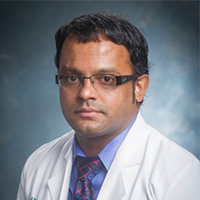 Dr. Arun Paul
Dr. Arun Paul
UAB
An Investigation into the Mechanisms Underlying Malignancies in HIV/AIDS Patients
 Dr. Huifeng Yun
Dr. Huifeng Yun
UAB
Fracture Risk and Post-operative Complications in Patients Who Receive Epidural Steroid Injections

Drs. Erin Ahn and Ninh Doan
USA
Targeting radiation resistant glioblastoma by inhibition of SON-mediated RNA splicing
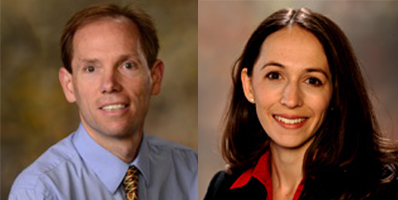 Drs. Michael Greene and Elizabeth Lipke
Drs. Michael Greene and Elizabeth Lipke
Auburn University
Establishment and propagation of a new cohort of patient-derived xenograft (PDX) tumors in mice for a pilot study
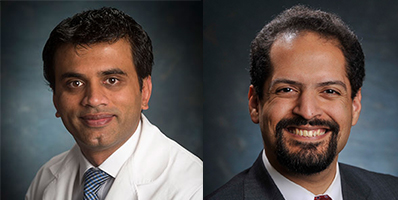 Drs. Pankaj Arora and Orlando Gutierrez
Drs. Pankaj Arora and Orlando Gutierrez
UAB
The Diurnal Rhythm in Natriuretic Peptide Levels and Relationship with Nocturnal Blood Pressure
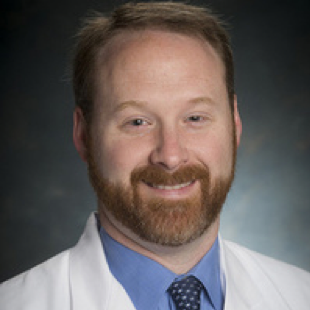 Dr. Mike Wells
Dr. Mike Wells
UAB
Racial disparities in COPD associated pulmonary vascular disease
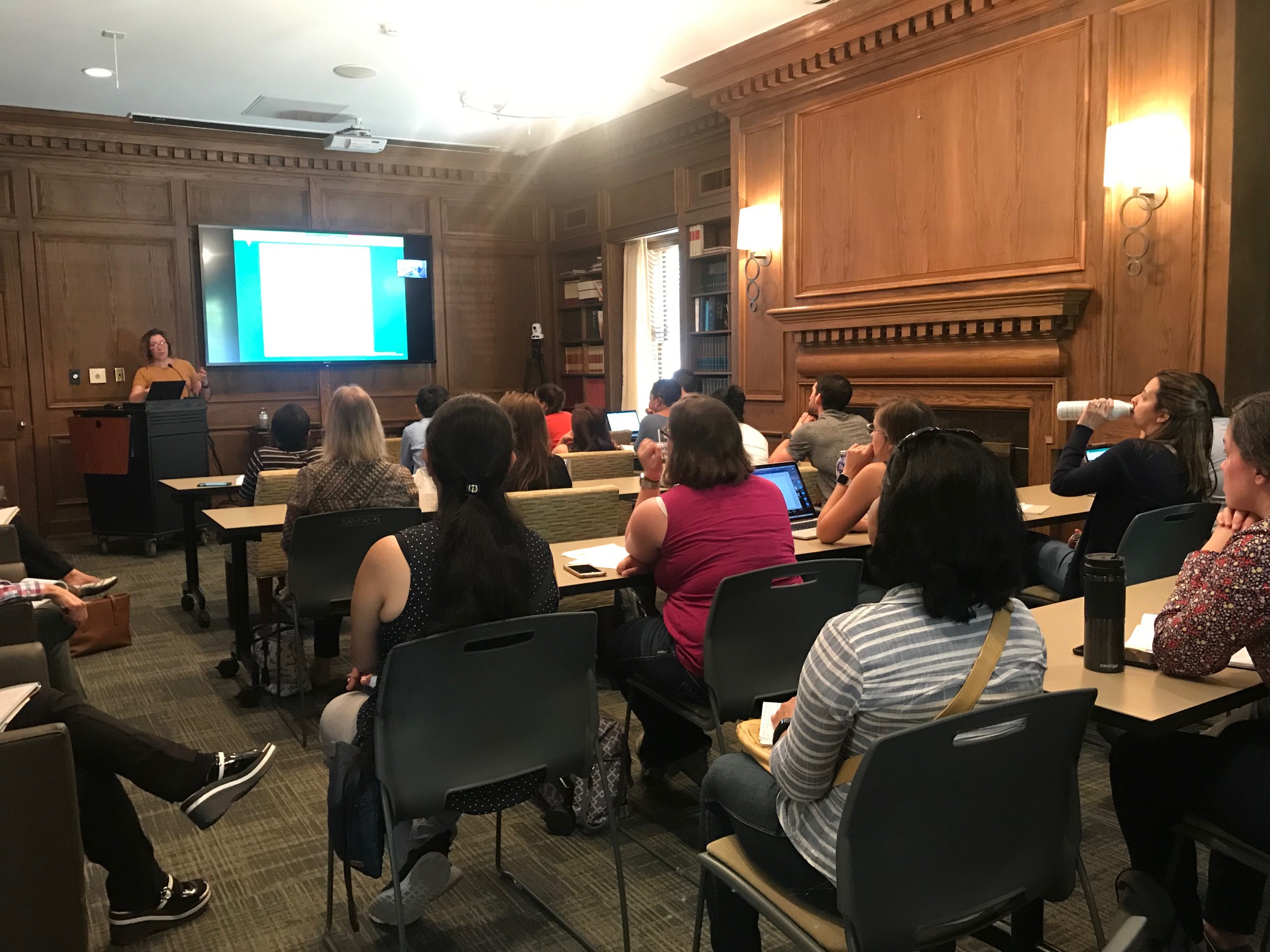 There is no perfect formula for writing a successful grant. Lisa Jackson, MD, Inaugural Bourge Endowed Professor in Cardiovascular Disease at UAB, and Mary Townsley, PhD, Senior Associate Dean, Department of Physiology & Cell Biology at University of South Alabama, walked early stage investigators through writing a career development (K) grant at the recent Training Interdisciplinary & Emerging Research Scholars (TIERS).
There is no perfect formula for writing a successful grant. Lisa Jackson, MD, Inaugural Bourge Endowed Professor in Cardiovascular Disease at UAB, and Mary Townsley, PhD, Senior Associate Dean, Department of Physiology & Cell Biology at University of South Alabama, walked early stage investigators through writing a career development (K) grant at the recent Training Interdisciplinary & Emerging Research Scholars (TIERS).
They provided the following tips and more based on their own experience submitting K grants as well as being a grant reviewer, plus show real-world examples of what helps make a grant successful.
- Develop a timeline to complete your grant on time.
- Ask reviewers how they review grants. Structure your own grant based on their feedback.
- Read other people’s grants and see what you like and dislike about how they are structured. The CCTS Grant Library is a great resource!
- Ask for feedback on your Specific Aims early and often
- Don’t overwhelm the reader.
- Make your content digestible: use bullet points and tables to organize your information, allow whitespace between each paragraph
- Limit how much you use bold, italicize and underline
- Be concise. The more words on a page do not make you smarter.
- Allow the reviewer to get to know you. Explain who you are and why you are interested in this specific research.
- Be specific.
- Document short and long term goals. Help the reviewer see you in 5-10 years.
- List what exact classes, seminars, and meeting you will attend.
- Pick mentors that compliment your training and experience.
- Mentorship letters should answer:
- What is your mentor's experience in mentoring others?
- Are they successful at mentoring?
- What is their NIH funding experience?
- Does your primary mentor have the time to commit to you?
To hear the full discussion and see examples of funded grants, watch the recorded presentation on the CCTS YouTube channel and download the slide deck on the CCTS TIERS page.
Mark your calendar for the next TIERS on Friday, July 19. Paula Gregory, PhD, Assistant Dean of Medical Student Research, Professor of Genetics, Cell Biology and Anatomy at LSU Health Sciences Center, will lead the discussion on writing the career development section of your grant.
Explaining your research can sometimes be the hardest part for a scientist. You may find the general public tuning you out when you try to explain difficult topics. Don’t be discouraged. Here are 10 helpful tips to guide communicating science to the lay community:
- Share your discoveries early on in your research. Talking with the public about your research will not only help your professional development, but it can also help guide your research based on the feedback you receive from others. Sharing your ideas – why they are important and why the public should care – also increases science literacy.
- Be aware of bias. When sharing your research or idea, take in account the audiences personal viewpoints without pandering to them.
- Put your science in context. Assume your audience does not have your specialty. Always start by giving context to why your research or findings are important.
- Tell a story. People learn and make decisions based on stories they hear. Scientist should relate emotionally to their audience. Tell a story to humanize yourself or use real world analogies or metaphors to describe your research.
- Use visual aids sparingly. They are aids to your presentation – not its sum and substance. Using visual aids is meant to highlight and support your key points.
- Be patient. Not everyone is going to understand your science right away. Learn how to be flexible and explain your science in different ways.
- No science jargon. Speak like you are talking to a sixth grader. The public won’t understand your acronyms or science heavy terms.
- Prepare your speech. Bad talks confuse people and discourage them from coming back or asking questions.
- Get to the point. Scientist are trained to describe a ton of details and background information. When talking to the public or policymakers, the key points and findings need to be delivered early and concisely.
- Three points. Work hard to keep your message memorable, meaningful and miniature.
To better enhance your science communication, CCTS also offers many trainings throughout the year including CCTS Friday Fellows Meeting and CCTS Training Interdisciplinary & Emerging Research Scholars (TIERS). For a full list of CCTS events, visit our upcoming events and recurring events page. Subscribe to the CCTS Digest to stay informed about upcoming learning opportunities.

